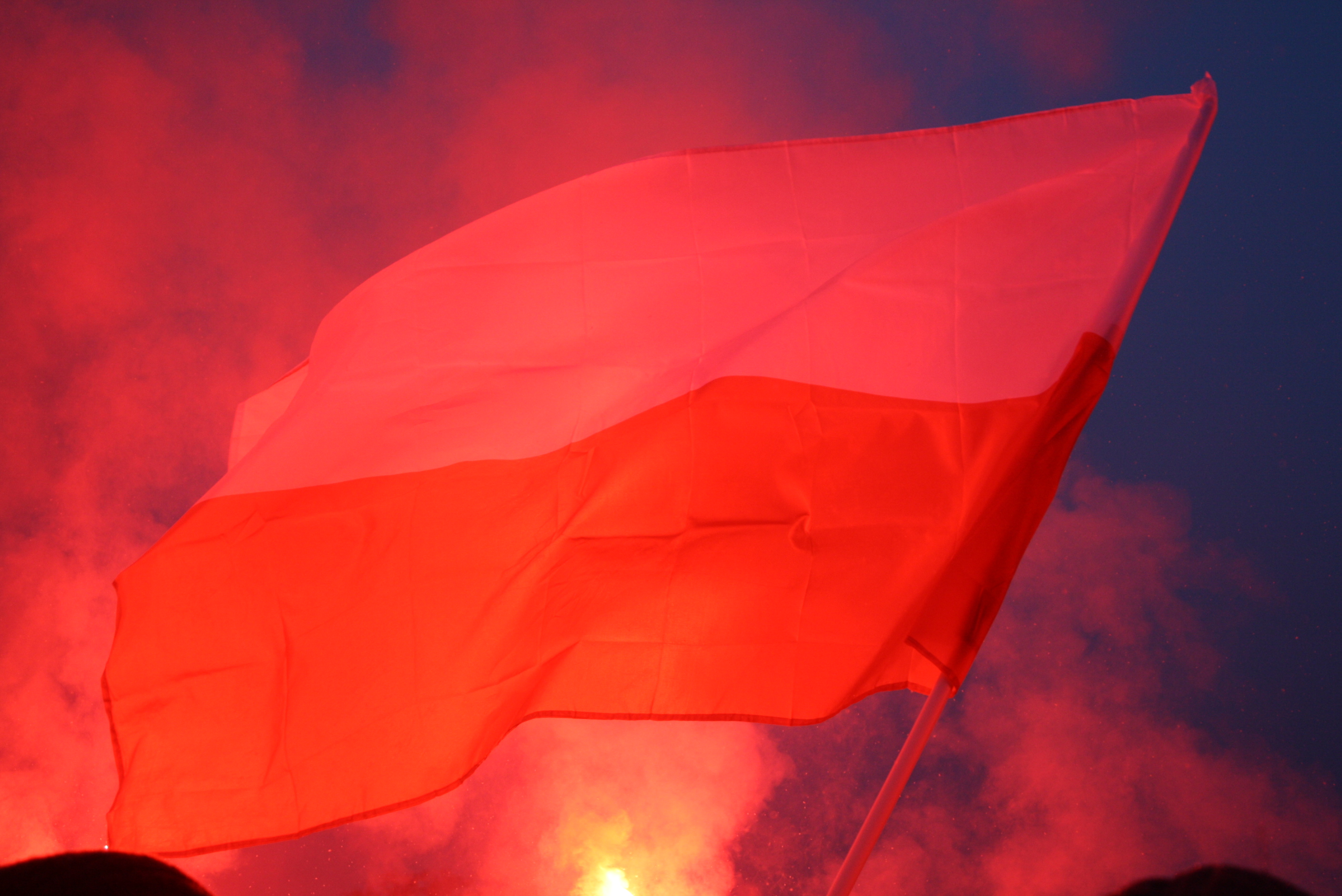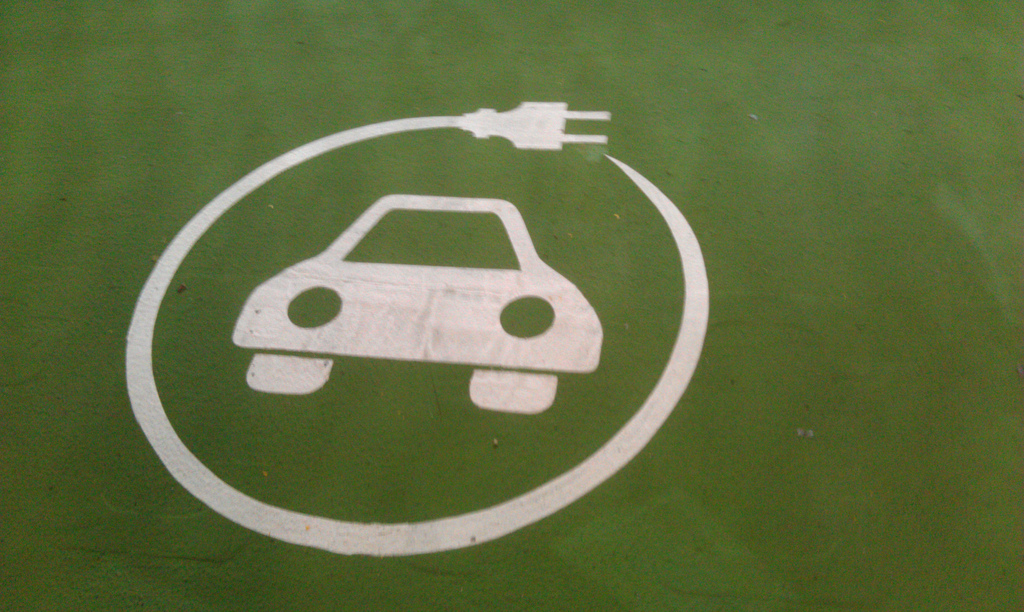Poland – Ever since the financial crisis of 2007-2008, world leaders have started to look more favourably at Industrial Policy (IP), juxtaposing it with economies that are entirely dependent on expansion in the service sector and financial speculation.
IP instead focuses on the need for a country to create or maintain a certain industrial basis through an official strategic state effort to encourage the development of specific parts of the economy, usually the manufacturing sector.
Industrial policies often include interventionist measures which are often found in mixed economy countries where the state plays an important role in promoting structural transformation of the economy. Key components of IP are developments in various forms of infrastructure, such as transportation, telecommunications, but more than anything, energy.
A new giant enters the arena
In Poland, the state has placed its bet on the oil refining and petrol retailing giant Orlen to lead the way. In order to give Orlen the financial muscles needed to play such a role, a number of acquisitions were made last year.
In result, Orlen climbed by 208 positions on the Fortune Global 500 list of the world’s most powerful companies and is now considered the 216th largest company in the world by revenue. The massive jump on Fortune’s list also means that Orlen is one of the ranking’s five fastest-growing companies.
Thanks to its new privileged position in the ranking, Orlen’s brand has received a global boost while the company has also gained the capability to embark on pricy new projects in the oil refining business where major investments often cost hundreds of millions of dollars if not even more.
In the US, IP is being used in two major state-directed projects which the Biden administration hopes will transform the economy. One of them is the CHIPS Act for semiconductors, meant to bring back the production of computer chips from Taiwan, South Korea and China to the US.
The second project is the Inflation Reduction Act for green energy, which is supposed to help America build up a domestic industry for renewable energy.
In Poland, the government has come to the conclusion that the EU’s Green Deal is here to stay and that Poland has to accelerate the energy transition process taking the country from a position of being mostly reliant on coal power to an economy that will run on renewable and nuclear power.
Orlen has been given an important role in building offshore wind-farms and expanding the use of bioenergy technologies, but its involvement in Poland’s wholehearted embrace of nuclear technology is crucial. Orlen is planning to build 79 small nuclear reactors in the country by 2038.
State-controlled companies in post-communist states
How do countries become rich? There are several paths to national wealth and not every solution fits every country. In the 1830s, the Frenchman Alexis de Tocqueville toured America and famously praised small business and the importance they have for the American economy.
Another path was chosen by South Korea, which in the 1960s introduced a policy that made it very easy for large companies to access loans from banks. Out of that grew giant South Korean conglomerates, or Chaebols such as Hyundai and Samsung.
The Poland that emerged after the collapse of communism in 1989 bore many similarities to the South Korea of the 1960s. There were no domestic large private companies which could compete with rivals from the West. That is why, despite having since become a mixed economy, state-owned companies play an important role as locomotives of the Polish economy as a whole.
Being the largest one of them, Orlen has also been used by the state as an important tool to support society in difficult circumstances such as the outbreak of the coronavirus pandemic in 2020, the energy crisis created by Russia in the autumn of 2021 or finally in Poland’s effort to send fuel and humanitarian aid to Ukraine following Russia’s full-scale invasion in February 2022.
Critical investments aiding manufacturing
Another investment by Orlen that is seen as crucial for Poland’s IP is the expansion of the Olefin Complex in Płock. The new infrastructure built there is the largest investment in the European petrochemical industry in 20 years and will boost the productivity and quality of the manufacturing in Poland of automotive parts, components for home appliances and various types of electronics and medical products.
Finally, there is the question of expansion of foreign markets. Given Orlen’s new financial muscles and its position as Central Eastern Europe’s “first Chaebol”, the company is making moves to increase the share of its revenue it makes abroad. Just a couple of weeks ago, the company announced that it is buying 266 Turmöl petrol stations in Austria, giving it a 10% market share in the country.
Orlen already operates 3,156 petrol stations in Poland, Germany, Czechia, Slovakia, Lithuania and Hungary, but has plans to expand that figure even more.
It is certain that the governments in other large Central European countries, such as Hungary, Czechia and Romania are following Orlen’s expansion with great interest. If the company can be successfully used to implement Poland’s Industrial Policy strategy, the region will be tempted to follow suit.
The financial crisis of 2007-2008 killed the neoliberal paradigm. The pandemic of 2020 seems to have cemented that this decade will be that of Industrial Policy and in Central Eastern Europe, Orlen is leading the way.




